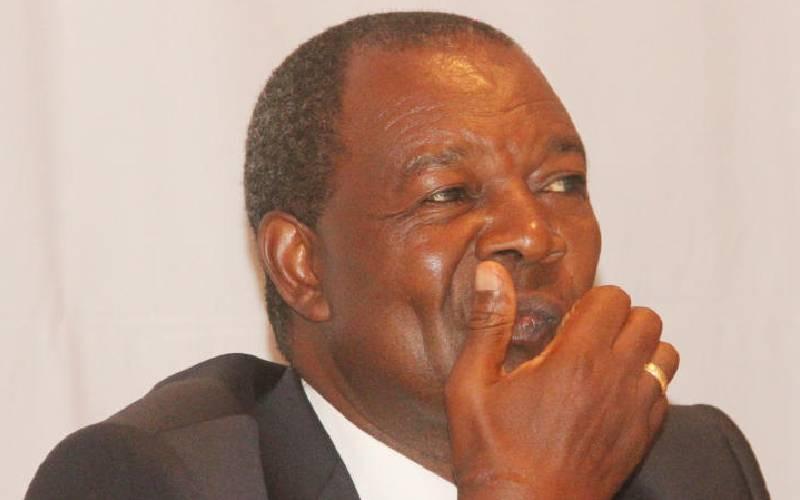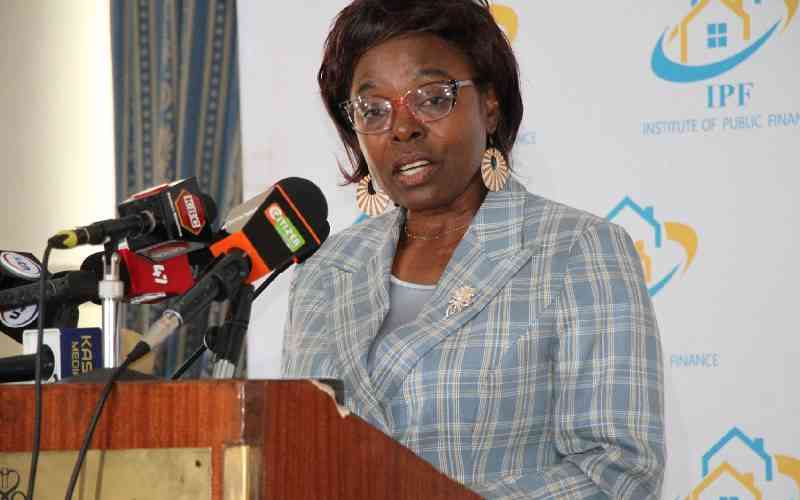×
The Standard e-Paper
Fearless, Trusted News

Kenya has retreated from plans to borrow money from the international markets through issuance of a sovereign bond, citing the current high cost of borrowing.
The government had planned to raise money through a Eurobond issue, which would have been the fourth in eight years, to help pay off part of its debt obligations.







